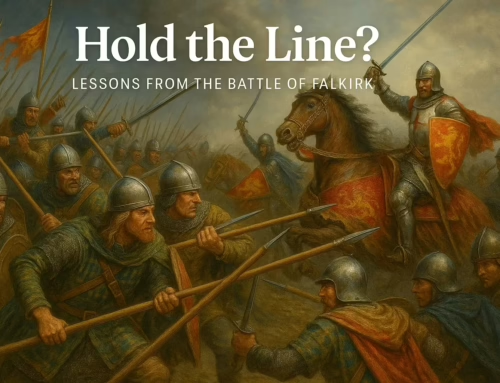The gaming industry has been quick to embrace the advancements of Artificial Intelligence (AI), and the impact of these technological strides is set to revolutionize the landscape of military simulation. At Agincourt, we are keen observers of these developments and lead the charge in integrating them into our work.
One of the most groundbreaking applications of AI in gaming is the development of advanced Non-Player Characters (NPCs). NVIDIA’s partnership with Convaitech, known as ACE for games, aims to deploy AI characters in games and virtual worlds. This innovation, which allows NPCs to conduct in-depth, real-time conversations with players, can significantly enhance the realism of military simulation training, improving the readiness of our forces for complex real-world scenarios.
The autonomous gameplay of AI is another transformative innovation. ‘Voyager’, a project by Dr Jim Fan, has successfully deployed GPT-4 in Minecraft, demonstrating impressive autonomy, learning, and evolution without human intervention. The potential to deploy such autonomous agents in military simulations could dramatically enhance training effectiveness, preparing soldiers for a wide range of scenarios and improving the efficiency of testing and evaluation processes.
We’re also witnessing the fusion of AI and Virtual Reality (VR) in gaming, with Blockade Labs developing technology that can transform a simple sketch into 360-degree worlds. The implications for military simulation are profound, enabling the creation of hyper-realistic environments for immersive training exercises.
Moreover, 3D collaborative design tools, such as the one developed by Spline Tool, can profoundly impact military simulations. Think of this tool as a 3D version of ChatGPT, allowing users to collaboratively create objects and scenes, edit objects, colours, and props, and introduce physics and randomness in real time. This could revolutionize the design and execution of military training scenarios, facilitating more dynamic and adaptable exercises.
AIcommand, an open-source tool developed by Kzr and released in March, is essentially ChatGPT for Unity. This tool can significantly speed up non-code development parts, which is highly beneficial for rapidly evolving military simulations, enabling us to swiftly adapt to changing training needs.
Finally, Unity’s launch of the AI Insiders Beta program signifies a burgeoning AI ecosystem that will place these transformative tools into the hands of many. The promise of rapidly developing military simulations using AI is evident, offering vast opportunities for enhanced training and preparedness.
At Agincourt, we are steadfast in our mission to harness these groundbreaking AI technologies to elevate the standard of military simulation. We invite industry professionals to join us in this endeavour, engaging in dialogue and collaboration to shape the future of military training. Together, we can foster extraordinary advancements in military readiness.





